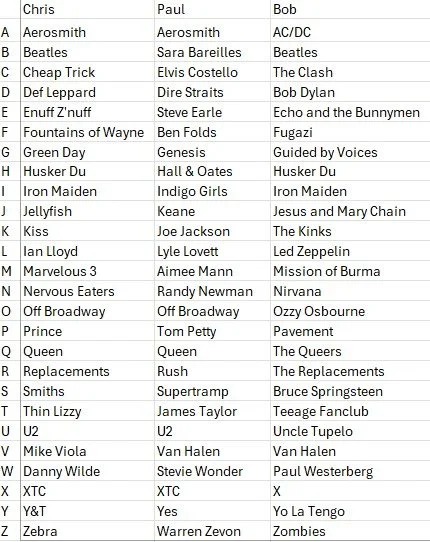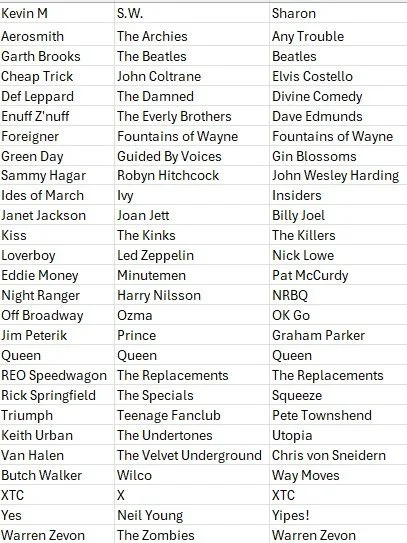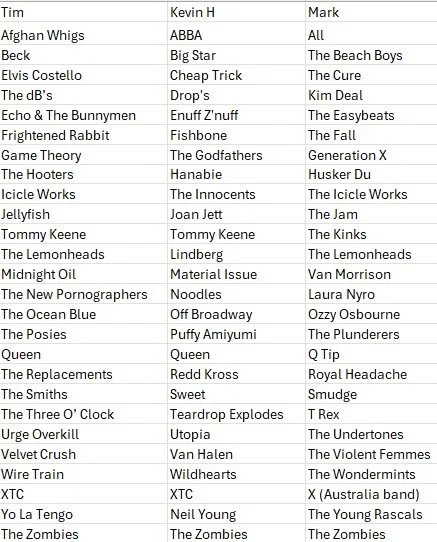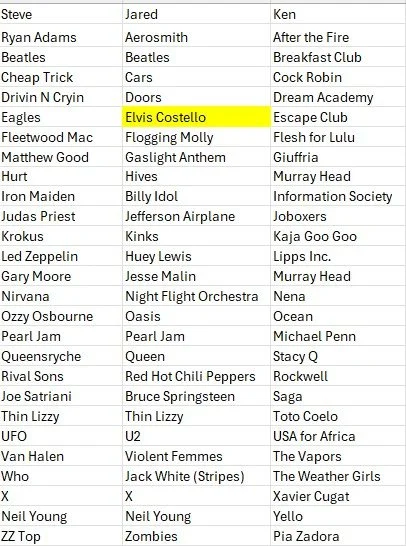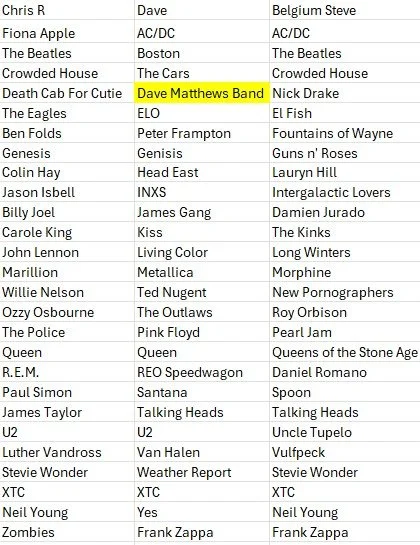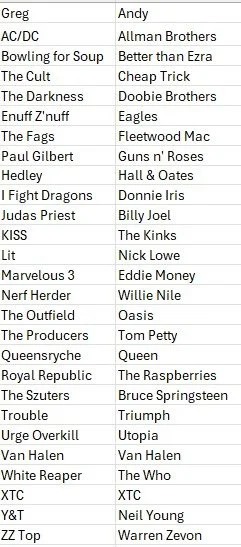Comedian Marc Maron has a bit on his latest HBO special where he laments how little we as consumers can do to limit the power of big companies like Amazon. In it, he imagines Jeff Bezos cruising on his $100 million yacht, tracking the number of subscribers to Amazon Prime, and saying, “Looks like we lost one.”
It can often feel as if we’re powerless, but as with so many things in life – being kind, giving to charity, supporting local political movements, disposing our toxic waste properly – it’s important to live according to one’s values. It boosts our sense of self, it provides a model for our children, and it potentially moves the needle of society in some small way.
My wife and I had been saying for over a year that we should really ditch our subscription to Amazon Prime, not because it isn’t a good deal – it is – but because we don’t really want to support powerful companies anymore if they can be avoided. After all, I cancelled my Spotify subscription last year without regret, and I wondered if life without Amazon would be equally unproblematic. There are a lot of online articles you can research about how to shop without Amazon, but I decided I wasn’t going to bother – just go in and get ‘er done.
So we pulled the plug to our Prime membership a few months ago, and you know what? So far it hasn’t been a big deal at all. I’ve had to search a little harder for some items, but I ultimately found what I needed, and sometimes at lower costs than I would have paid on Amazon. Here are a few examples:
Audio cables: I tried Best Buy, Crutchfield and Audio Advisor, but none offered what I was looking for. But then a search led me to Sweetwater, where I’ve often purchased recording equipment. Turns out they provide some home audio accessories for the same cost as Amazon, with free shipping and quick delivery. Perfect.
Soap dispensers: we were unhappy with the ones we purchased at Target a few years back and wanted something that would last a while. We opted to go to a local retail store called Uncharted, which now has around ten stores nationwide. It’s a fun place to browse – exactly the kind of brick-and-mortar store we want to support.
Two healthcare items to help with my arthritis: this was trickier. Ultimately, I saved about $20 by not purchasing them on Amazon and instead ordering from Walmart. Now, Walmart is not exactly a local mom and pop store, but it’s still less than half the size of Amazon. Not a perfect solution, but it got the job done in a pinch. This example shows the limitations of trying to avoid behemoths.
Books: there’s been a lot of buzz about the resurgence of Barnes and Noble, which has reimagined its business philosophy and is adding dozens of physical stores. It’s funny how what was once considered the “Big, Bad Bookstore” is now considered an underdog. Still, I haven’t had a great deal of success finding what I want at Barnes and Nobel. Instead, I’ve went the used route, purchasing second-hand books through eBay, often from charitable organizations. There’s also a great local used bookstore a few miles from my house that I try from time to time. They don’t always have what I’m looking for, but sometimes they come through.
My experiment of life without Amazon has only gone on for a few months so far, but I already think it will last. If needed, I can imagine paying one month of Prime during the holiday season when we’re making a lot of purchases and sending them out of state, but I’m hoping we can even avoid this compromise. Give it a shot! We lived without Amazon before the late 90s, and we can do it again. Maybe when Bezos sees tens of thousands of people unsubscribing from Prime, he’ll start to pay attention.
